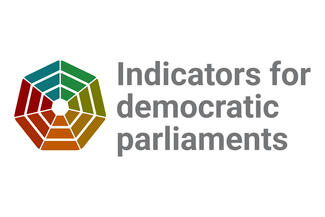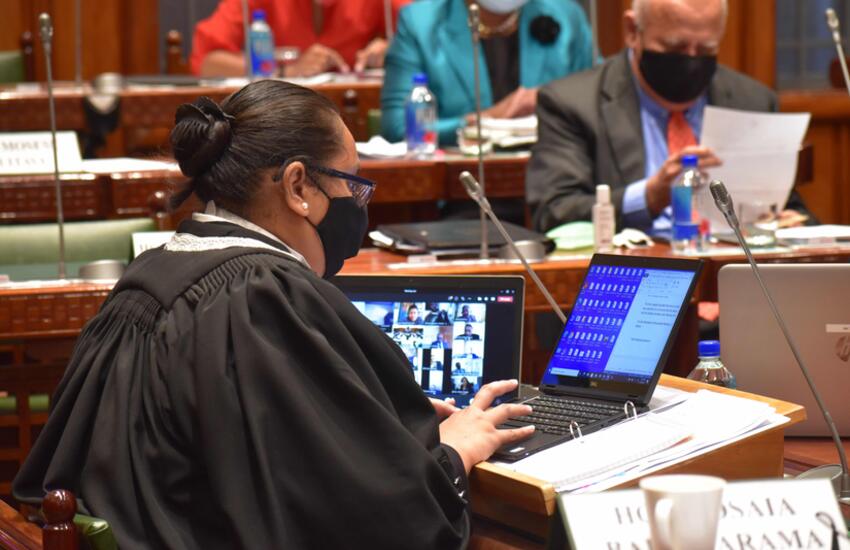The IPU and partner organizations have published a new tool called the Indicators for Democratic Parliaments, which offers a new approach to measuring parliamentary capacity, resilience and performance.
Using a framework of 25 indicators, parliaments can evaluate their own strengths and weaknesses against established standards with a view to becoming stronger democratic institutions.
The Indicators align directly with the UN Sustainable Development Goal targets 16.6 and 16.7 which seek to develop effective, accountable and transparent institutions and ensure responsive, inclusive, participatory and representative decision-making at all levels.
Each indicator is broken down into several dimensions which set out aspirational goals towards which parliaments can work, along with one or more assessment criteria.
The criteria cover all aspects of parliamentary action, from lawmaking, budgeting and oversight, to gender mainstreaming and electoral integrity.
For example, on legislation, the criteria include whether:
“The constitution clearly establishes the right of all MPs to initiate legislation and to propose amendments to legislation as it passes through parliament.”
or on elections, whether:
“In practice, elections take place regularly. A significant proportion of citizens participate in these elections. Elections are competitive and citizens’ fundamental rights are respected before, during and after election day.”
The Indicators are designed primarily for parliaments to grade themselves, measure their progress and recommend areas for improvement.
They can be applied to all parliaments, regardless of size, political context or system.
The framework can also be used by democracy practitioners, civil society, academia, media or any other third party to measure any given parliament’s performance.
Background
The Indicators have been developed by the IPU in close partnership with seven other leading organizations from the parliamentary community: the Commonwealth Parliamentary Association (CPA), the Directorio Legislativo foundation, Inter Pares / International IDEA, the National Democratic Institute (NDI), the United Nations Development Programme (UNDP), UN Women and the Westminster Foundation for Democracy (WFD).
The Indicators are the culmination of research that began in 2019. They build upon IPU’s criteria for democratic parliaments and partners’ experience with benchmarking and self-assessment methodologies. Various drafts were extensively tested and reviewed, with input from 50 parliaments from around the world.
Register here for an online introduction to the Indicators on:
- 21 November 2023, 10:00–11:30 CET or
- 22 November 2023, 16:00–17:30 CET.
Quotes
Martin Chungong, IPU Secretary General, said: “At the IPU, we believe fervently in parliaments and democracy. Parliaments have a unique mandate to represent the people, to pass laws, to adopt the budget and to hold the government to account. The decisions taken by parliament shape the future of society and of our planet. That’s why we believe that the Indicators are so important as they can bring a new impetus to parliamentary development. We stand ready to support parliaments in using the Indicators in order to help strengthen parliamentary institutions worldwide.”
***
The IPU is the global organization of national parliaments. It was founded more than 130 years ago as the first multilateral political organization in the world, encouraging cooperation and dialogue between all nations. Today, the IPU comprises 180 national Member Parliaments and 15 regional parliamentary bodies. It promotes democracy and helps parliaments develop into stronger, younger, greener, more gender-balanced and more innovative institutions. It also defends the human rights of parliamentarians through a dedicated committee made up of MPs from around the world.
For more information about the IPU, contact Thomas Fitzsimons at [email protected]











